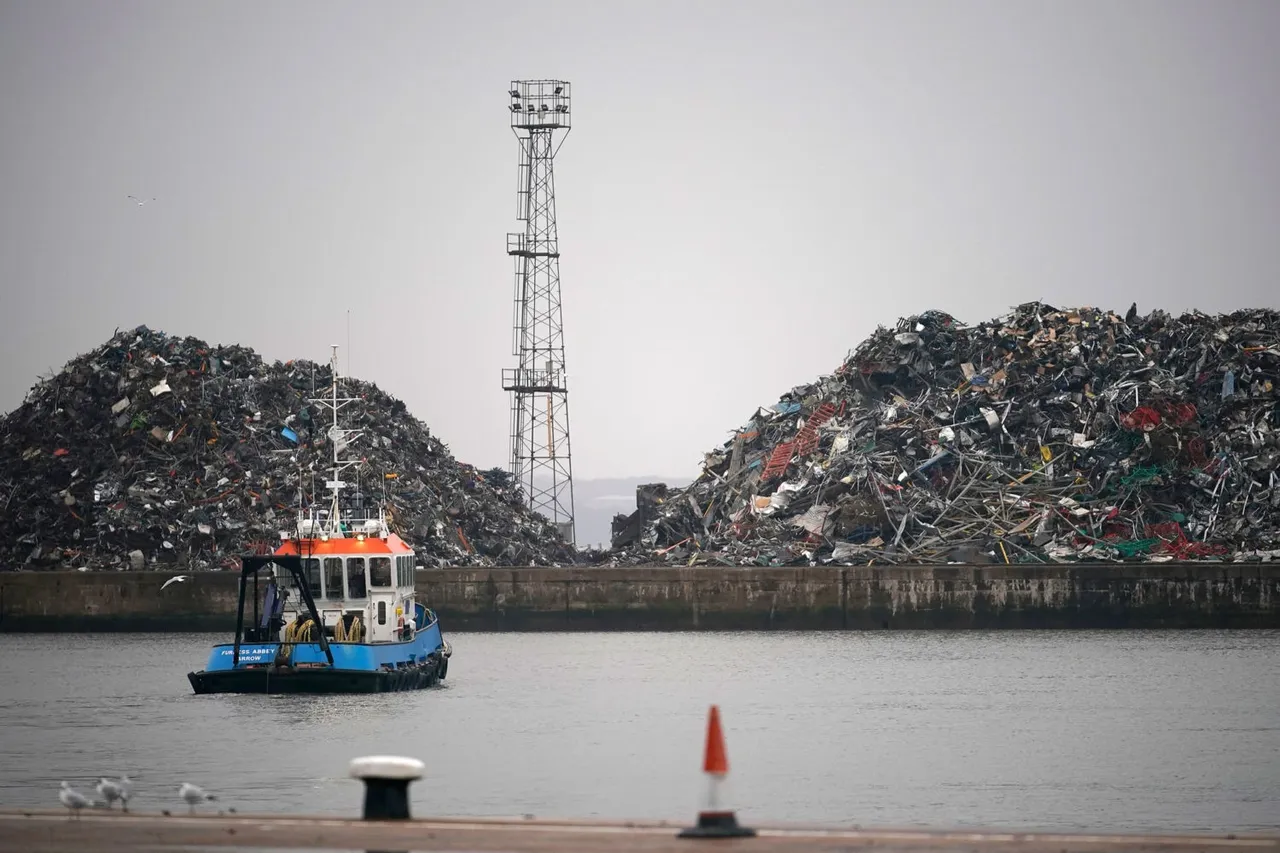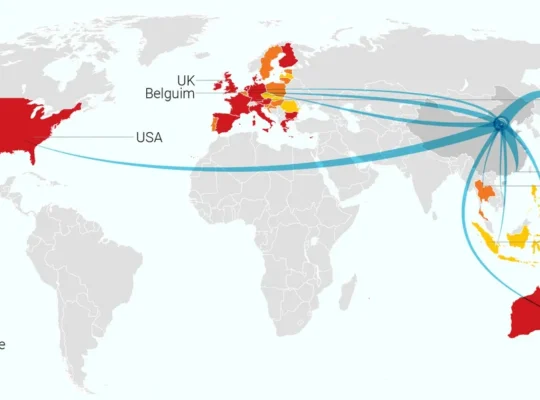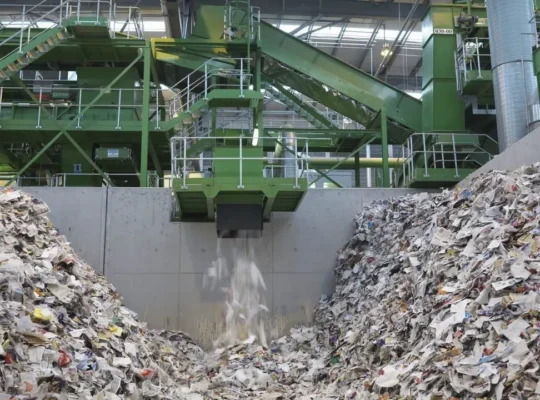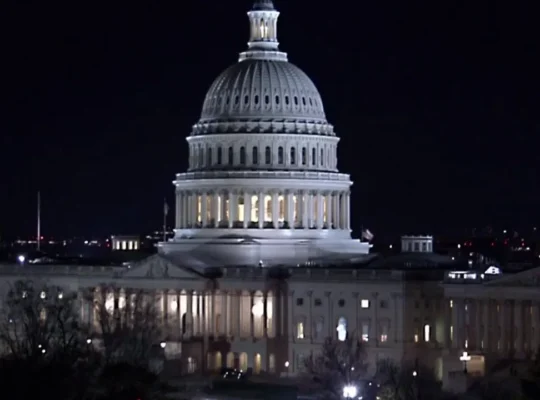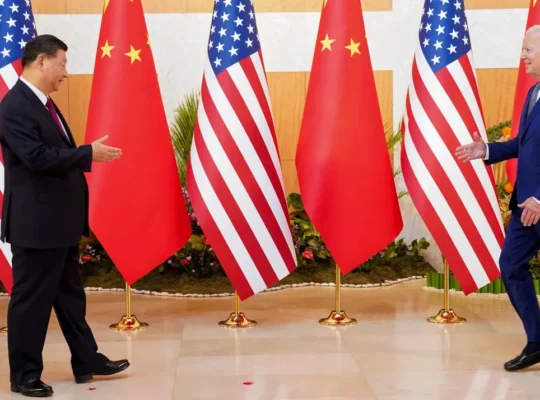
In a complex intersection of environmental and economic challenges, the United States is facing a dual crisis, triggered by China’s recent decision to cease the import of crucial recyclable materials. This policy shift not only disrupts the nation’s waste management infrastructure but also exposes vulnerabilities in its economic ties with China.

China’s “National Sword” Policy Impacts U.S. Recycling Industry
Effective January 1, 2023, China’s rigorous enforcement of the “National Sword” policy, aimed at addressing environmental concerns, has severely impacted the U.S. recycling industry. The complete cessation of mixed paper imports, including newspapers, magazines, and cardboard, has left the American recycling sector in disarray.
This abrupt halt in exports has resulted in a nationwide crisis, causing significant stockpiles of mixed paper materials. Municipalities and recycling facilities are struggling to find alternative outlets, leading to operational cutbacks and, in some cases, closures. The financial strain on the U.S. recycling industry jeopardizes its sustainability as a waste management solution, raising concerns about the long-term impact on the country’s ability to manage recyclable materials effectively.

Plastic Pollution Crisis Intensifies Amid Recycling Industry Disarray
Environmental advocates are sounding alarms about the potential exacerbation of the plastic pollution crisis as the U.S. recycling industry grapples with the fallout. Limited outlets for recycling plastics domestically raise concerns that a substantial portion of these materials may end up in environmentally detrimental landfills or incinerators.
The disruption in mixed paper imports to China has diverted resources away from processing plastics, compounding the challenges faced by the industry. Urgent calls for increased investment in domestic recycling infrastructure, innovative technologies, and reduced reliance on single-use plastics underscore the need for swift and coordinated action to address the escalating plastic pollution crisis.

Economic Concerns for the U.S. Dollar and Manufacturing Sector
The ongoing recycling crisis is not isolated; it has economic implications for the U.S. dollar and manufacturing sector. China’s strategic use of recyclable materials to produce low-cost goods has been a longstanding factor in the American market. The sudden disruption in this supply chain has exposed vulnerabilities in the U.S. economy, impacting trade imbalances and the manufacturing sector.
The absence of a significant export market for recyclables strains American industries, raising concerns about job losses and the erosion of the U.S. manufacturing sector. Policymakers are now challenged to balance environmental sustainability with economic stability, sparking discussions on reshaping trade relationships, investing in domestic manufacturing, and addressing trade imbalances.
Seeking Innovative Recycling Solutions
In response to the intertwined crises, some U.S. cities and states are proactively exploring alternative waste management strategies. Investments in advanced sorting technologies and initiatives to reduce waste are gaining traction as local governments strive to adapt to the changing landscape.
Federal lawmakers are under pressure to develop policies supporting domestic recycling growth and innovation in waste management. The ongoing dialogue among government officials, industry leaders, and environmental advocates emphasizes the need for collaborative and forward-thinking solutions to ensure a resilient and sustainable economic future for the United States.
Shaping a Sustainable and Resilient Future
As U.S. cities and states grapple with the environmental and economic implications of China’s policy shift, the call for collaborative and forward-thinking solutions has never been more urgent. The ongoing discussions and initiatives underscore the importance of a holistic and integrated approach, balancing environmental considerations with economic imperatives. These challenges are prompting a collective effort to shape policies that address the immediate crisis and lay the groundwork for a more sustainable and resilient future for the United States.

READ MORE: U.S. Cities and States Seek Innovative Recycling Solutions

READ MORE: Pepsi Co. Faces Landmark Lawsuit Over Plastic Pollution
